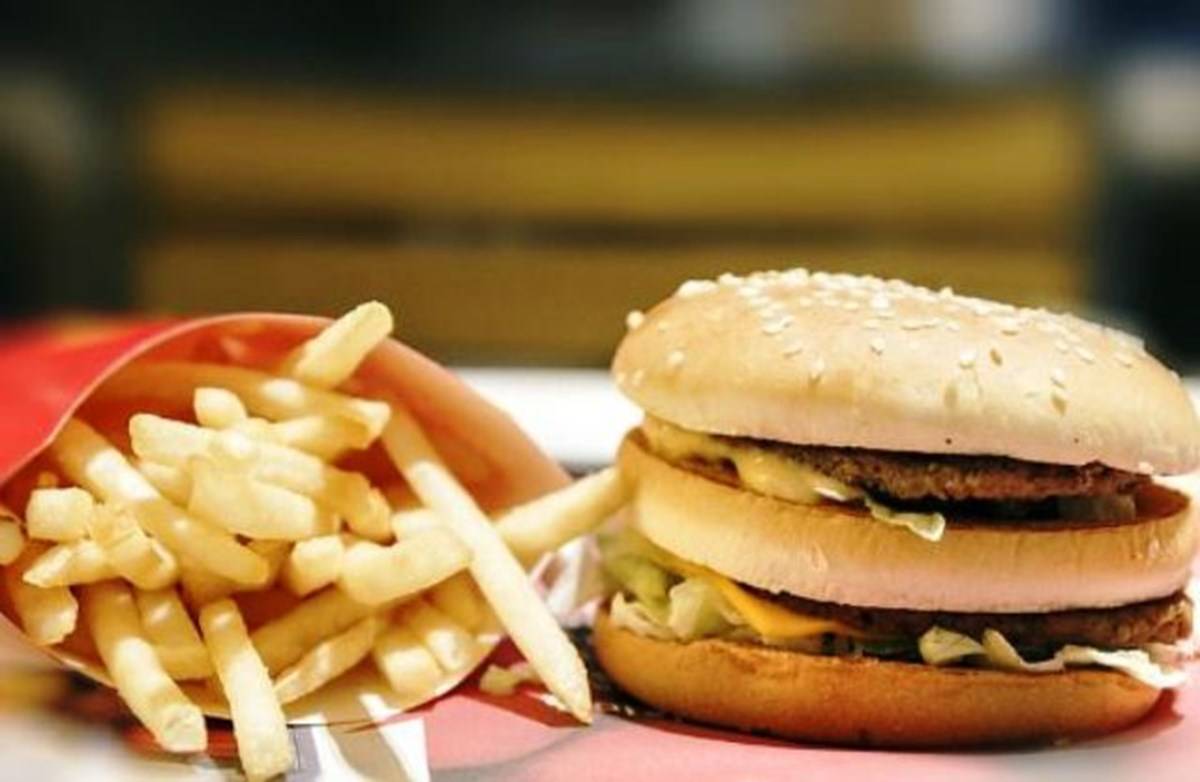
Do you often feel gassy or irritable bowel movements in your stomach? If the answer is yes, then it’s none other than “abdominal bloating”. We often hear our friends and even ourselves complaining about bloating. Abdominal bloating or "feeling bloated" is quite common and familiar symptom most people have experienced at some time in their lives. The modern lifestyle and love for the junk and fast foods added more contribution towards this disease. Bloating is a condition of your body where your belly feels full and tight mostly due to gas. There are many reasons behind the excessive gas production from your body. Abdominal bloating is commonly reported by men and women of all ages.
What is bloating?
Bloating is a condition when your belly feels swollen after eating. It is caused by excess gas production or disturbances in the movement of the muscles of the digestive system. Bloating is the cause of pain, discomfort and a "stuffed" feeling in your belly. It can also make your stomach look bigger.
Bloating occurs in almost all patients with irritable bowel syndrome, and also in patients with other functional and organic disorders. Bloating is very disturbing to patients and frustrating to clinicians, as effective treatments are limited and are not universally successful.
Causes of Bloating
Constipation
One common cause of bloating is constipation. Constipation can contribute to abdominal pain and bloating. A lot of people are not aware of the fact that they are constipated.

Its Symptoms -
Having fewer bowel movements than you normally do is a symptom of constipation.
One may still be constipated even if they have regular bowel movements.
Straining to start or finish a bowel movement
Stool that looks like rocks and pebbles
Not feeling empty after a bowel movement
2. Gut sensitivity:
People with IBS can be sensitive to gas, which can cause pain, cramping and diarrhea.
3. Small intestinal bacterial overgrowth (SIBO):
Most healthy people have comparatively few bacteria in the small intestine. People who have a past of intestinal surgery and/or IBS with diarrhea are more likely to have SIBO, which can cause bloating.
Gastro paresis:
This condition is the reason for delayed stomach emptying, which can cause bloating, nausea and even bowel blockage. Women are four times much likely to have gastro paresis compared to men and as many as 40 percent people with diabetes will also have it. Researchers are studying to understand whether it may have an inflammatory trigger.
Gynecological or Feminine conditions:
Sometimes problems with your ovaries or uterus may be the reason for bloating. Make sure to never skip your annual pelvic exam.
Know how to manage bloating
Changing on diet and foods
The primary treatment for preventing gas and bloating is changing your diet.

The small intestine is not always capable to fully absorb the carbohydrates, instead passing them to the colon, where they are fermented by bacteria and produce gas
Research has found that a low fermentable oligonucleotides, disaccharides, monosaccharides and polyols (FODMAP) diet can reduce the symptoms of gas and IBS. A low FODMAP diet avoids fermentable, gas-producing food ingredients, such as:
Oligosaccharides : found in wheat, onions, garlic, legumes and beans
Disaccharides :such as lactose in milk, yogurt and ice cream
Monosaccharides: including fructose (a type of sugar found in honey), apples and pears
Polyols or sugar alcohols : found in foods such as apricots, nectarines, plums and cauliflower, as well as many chewing gums and candies
Not everyone gets the tendency of gas and bloating from every FODMAP foods.
2. Understanding the cause
The key to preventing bloating is to understand its cause. If mild constipation is the problem, a fiber-rich diet, water and exercise is the answer.
But you must remember that these steps won’t always work for chronic constipation. Chronic constipation and other conditions (IBS or gastroparesis) require medical treatment, so it’s important to talk to your doctor about your bloating symptoms.

Few Tips
- Always stick to the proper foods including all the essential ingredients for your body.
- Learn to love your stomach as well as your body.
- Avoid junk and oily foods too.
- Prefer healthy and well-balanced meals.
- Never let your stomach feeling empty.
- Don’t encourage empty stomach sleeping
- Go for at least ten minutes walk after eating or yoga in the morning.
Happy stomach, happy body.








